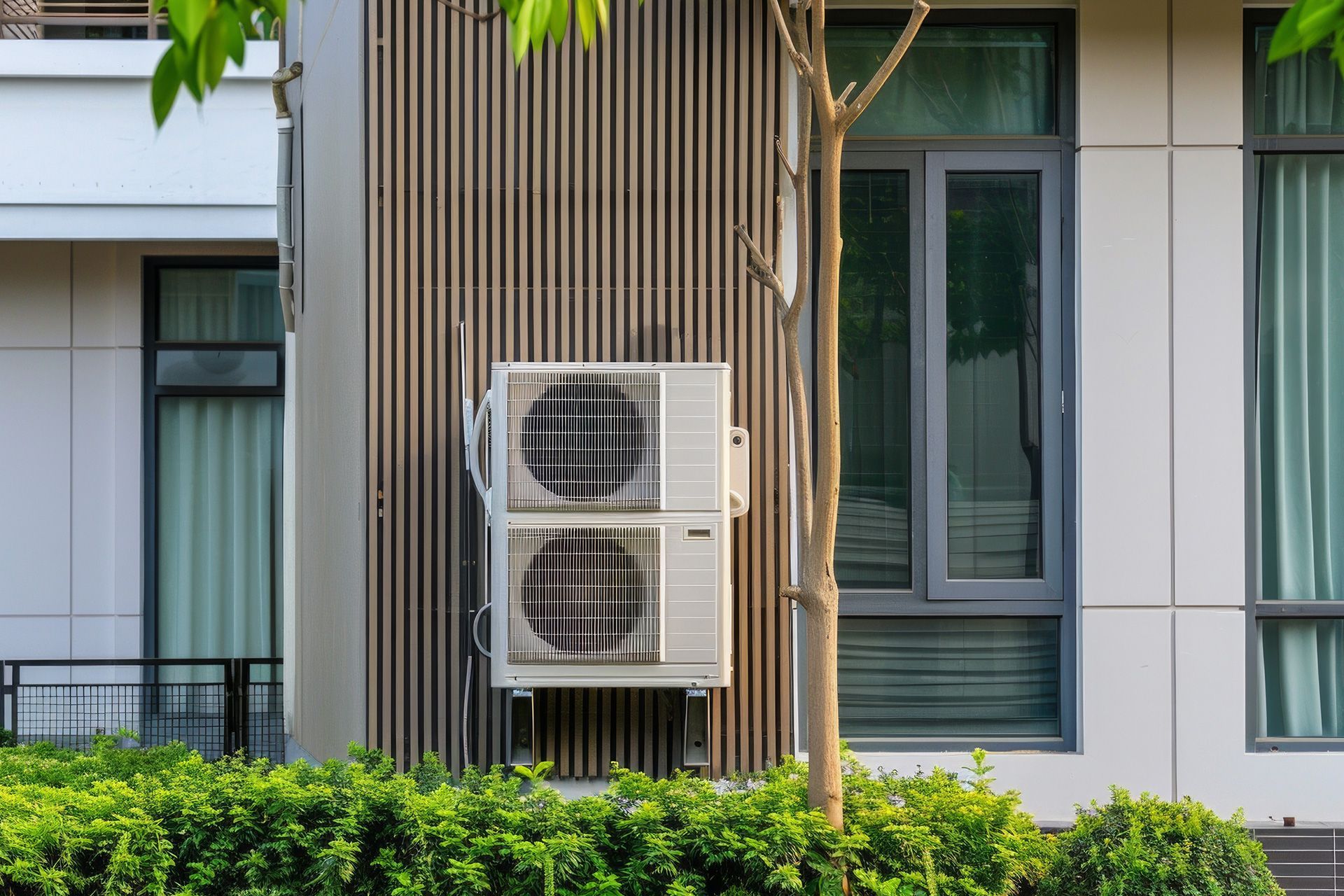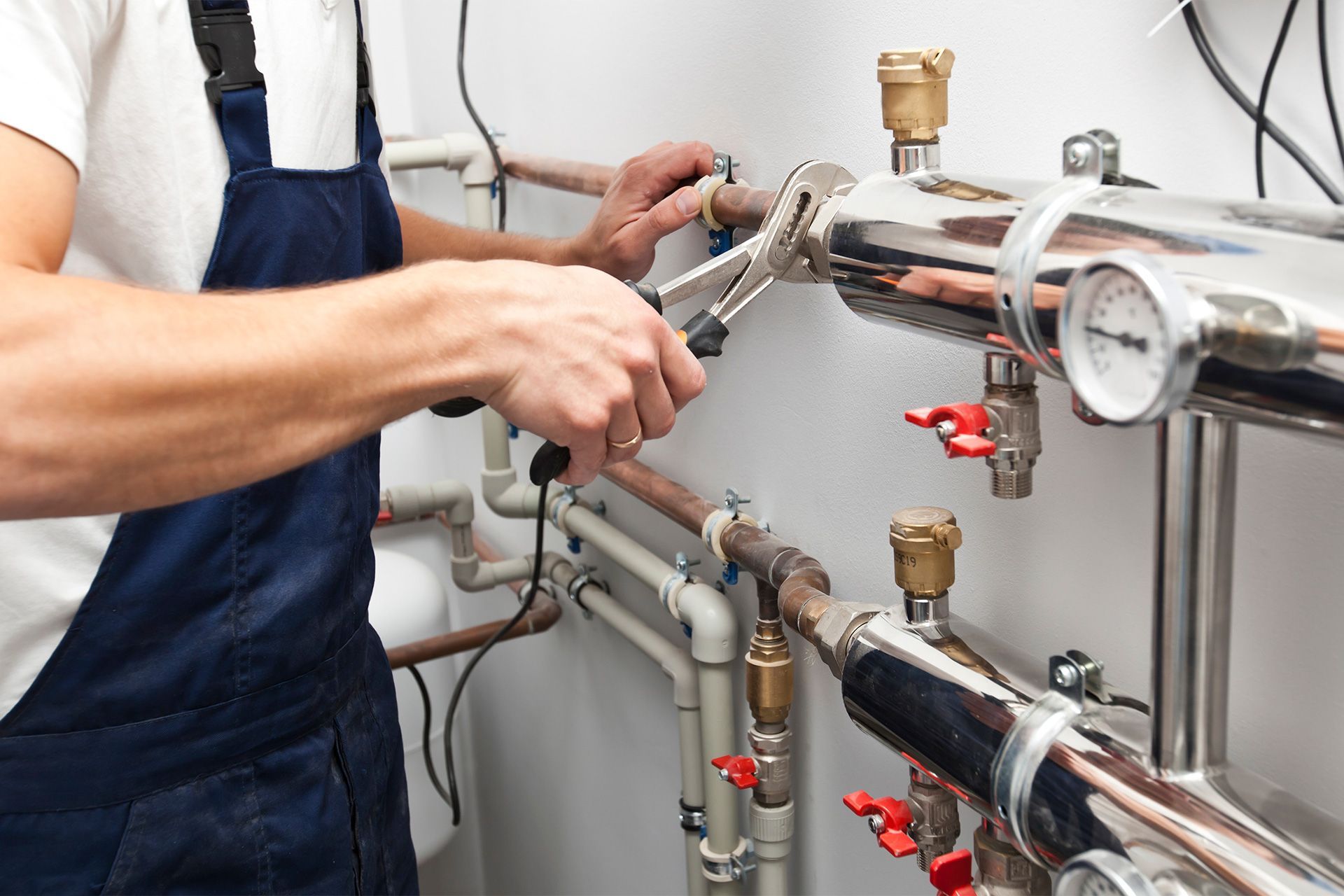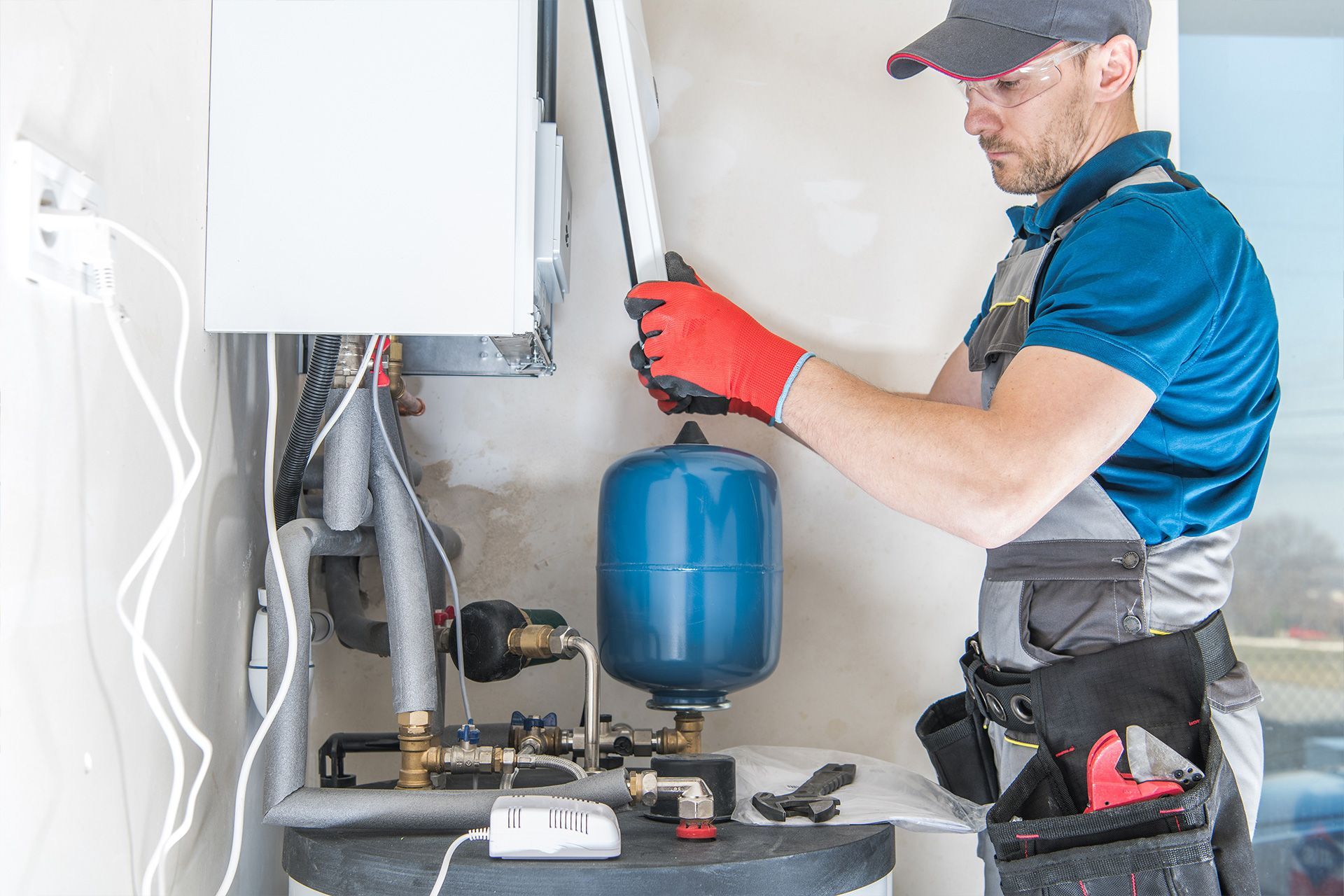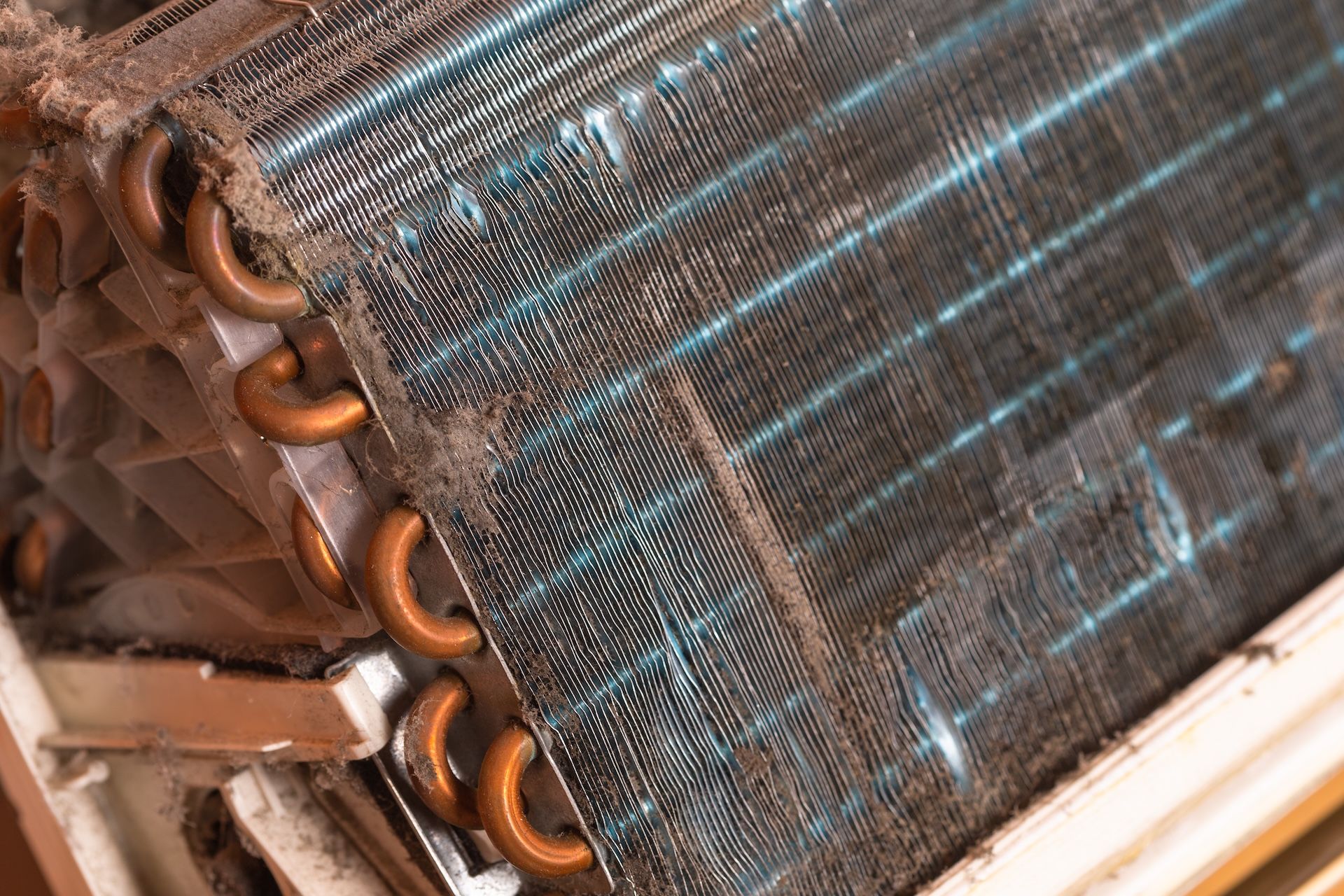Why Is Water Leaking From My AC Vent? 7 Common Causes Explained
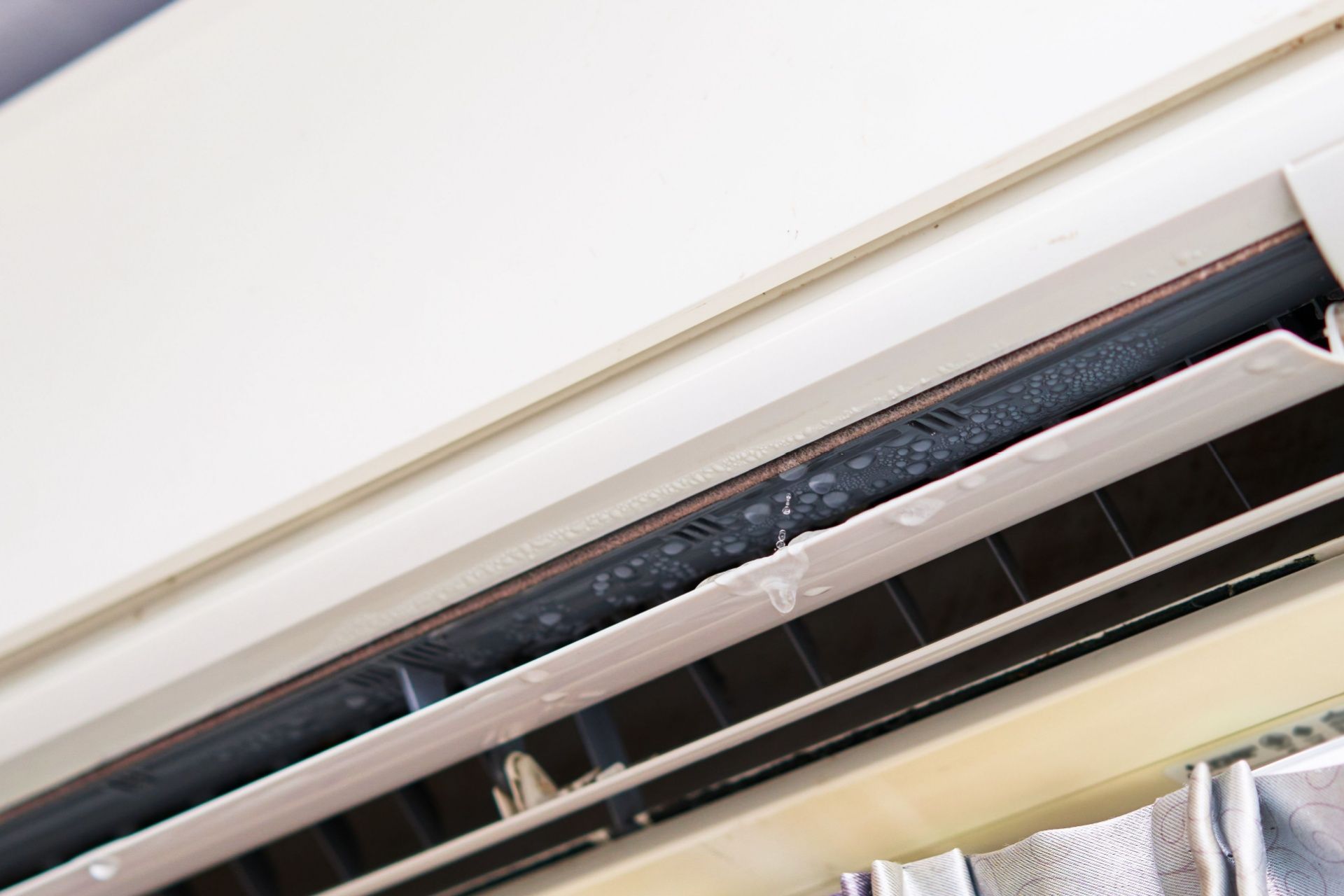
Did you know that nearly 90% of U.S. households use air conditioning, but many homeowners don’t realize something is wrong until water starts dripping from their vents? A leaking AC vent may seem small, but it can signal bigger HVAC problems, cause damage to your home, and even promote mold growth.
If you’ve ever looked up and seen water dripping from your air vent, you’re not alone. Let’s break down why this happens and how you can fix it, without needing to be an HVAC expert.
What Does It Mean When Water Is Leaking from My AC Vent?
When your AC vent is leaking water, it usually means there's too much moisture building up in your system. Air conditioners pull humidity out of the air as they cool it. If something blocks or disrupts that process, water can pool and drip out of places it shouldn’t—like your air vents.
1. Clogged Condensate Drain Line
Cause: Your AC removes moisture from the air, and that moisture drains out through a small pipe called the condensate drain line. If this line gets clogged with dirt, algae, or debris, water can back up and overflow into your air ducts.
Signs:
- Water leaking from the ceiling vent.
- Musty odors.
- Overflow pan filling with water.
Fix: A technician can unclog the line using suction or a special brush. Regular AC maintenance can prevent this common issue.
2. Dirty Air Filters
Cause: A clogged air filter blocks airflow. When the air can’t move properly, it may cause your evaporator coils to freeze. When they thaw, the excess water can drip into your ductwork.
Signs:
- Weak airflow.
- Ice on the AC unit.
- Water dripping from air vent after thawing.
Fix: Change your air filters every 1–3 months. It’s easy and inexpensive.
Pro Tip: Clean filters help your AC work better, last longer, and prevent dripping air vents.
3. Low Refrigerant Levels
Cause: Low refrigerant causes the coils to get too cold, leading to ice buildup. When the ice melts, it can cause leaks and overflow.
Signs:
- AC not cooling properly.
- Hissing or bubbling sounds.
- Water near indoor vents.
Fix: A professional HVAC technician can check refrigerant levels and seal any leaks. Never try to add refrigerant yourself—this can be dangerous.
4. Poor Insulation Around Air Ducts
Cause: If your air ducts aren’t properly insulated, warm air around them can cause condensation. That water can build up and drip out of your vents.
Signs:
- Water spots on ceilings or walls.
- Only certain vents leaking.
- More leaks in humid weather.
Fix: Improve insulation around your ductwork to keep condensation from forming. This is especially important in hot, humid areas.
5. Leaky or Disconnected Ducts
Cause: If ducts shift or become loose over time, moist air can leak in. This causes condensation and leads to water dripping from your AC vents.
Signs:
- Uneven cooling in rooms.
- Unusual hissing sounds.
- Increased energy bills.
Fix: A professional can reseal or reconnect the ducts to stop the leak.
Experience Insight: At Old School Cooling, we’ve seen this issue pop up after attic work or home renovations.
6. Overflowing Drain Pan
Cause: The drain pan sits below the evaporator coils to catch moisture. If it's cracked, rusty, or full of debris, it won’t hold water properly, and the water will leak out.
Signs:
- Puddles around your HVAC unit.
- Leaks after long AC cycles.
- Visible rust or cracks in the pan.
Fix: Replace the pan or clean it out. Regular HVAC service visits usually include this check.
7. Improper AC Installation or Sizing
Cause: If your AC is too large or wasn’t installed correctly, it might short-cycle. That means it turns on and off quickly, leading to poor moisture removal and potential leaks.
Signs:
- AC frequently turns on and off.
- Humid indoor air.
- Water leaks from multiple vents.
Fix: A licensed HVAC technician can assess whether your system is properly sized and installed. If not, adjustments—or even a replacement—may be needed.
How Serious Is an AC Water Leak?
Even though water isn’t as alarming as smoke or sparks, it can still cause serious damage. A leaking AC vent can:
- Ruin drywall or ceilings.
- Encourage mold and mildew.
- Damage insulation and ductwork.
- Increase repair costs if ignored.
That’s why it’s important to act quickly and get help when you notice signs of a leak.
How to Prevent Water Leaking from AC Vents
- Schedule Regular HVAC Maintenance – Have a technician inspect your system every spring and fall.
- Change Your Filters Often – Set a reminder every month.
- Check for Moisture in the Attic or Ceiling – Catch leaks early.
- Use a Smart Thermostat – Monitor and control humidity better.
- Insulate Your Ducts – Especially in attics or crawl spaces.
Final Thoughts
Water leaking from your AC vent isn’t something to ignore. Whether it's a clogged drain line or poor insulation, the root causes are usually fixable with a little know-how and professional help.
With regular maintenance and fast action, you can avoid major repairs and keep your home safe and dry. Don’t let a simple leak become a big problem—schedule your HVAC inspection with Old School Cooling today!
FAQs: AC vent leaking water
Why is my AC leaking water from the vent?
Common causes: clogged condensate drain, frozen evaporator coil, or poor duct insulation.
How do I stop water leaking from my AC vent?
Clear the drain line, defrost frozen coils, and improve insulation around ducts.
Can a dirty air filter cause AC leaks?
Yes, restricted airflow can freeze coils, causing water to drip when it melts.
Is it normal for AC vents to sweat or leak water?
Minor condensation can happen in humid conditions, but consistent leaks indicate a problem.
Should I call an HVAC professional for a leaking AC vent?
Yes, especially if leaks persist after basic maintenance, professionals like Old School can prevent water damage.
How can I prevent AC vent leaks in the future?
Regular maintenance, cleaning drains, replacing filters, and proper insulation prevent leaks.
Disclaimer: The information on this website and blog is for general informational purposes only and is not professional advice. We make no guarantees of accuracy or completeness. We disclaim all liability for errors, omissions, or reliance on this content. Always consult a qualified professional for specific guidance.

